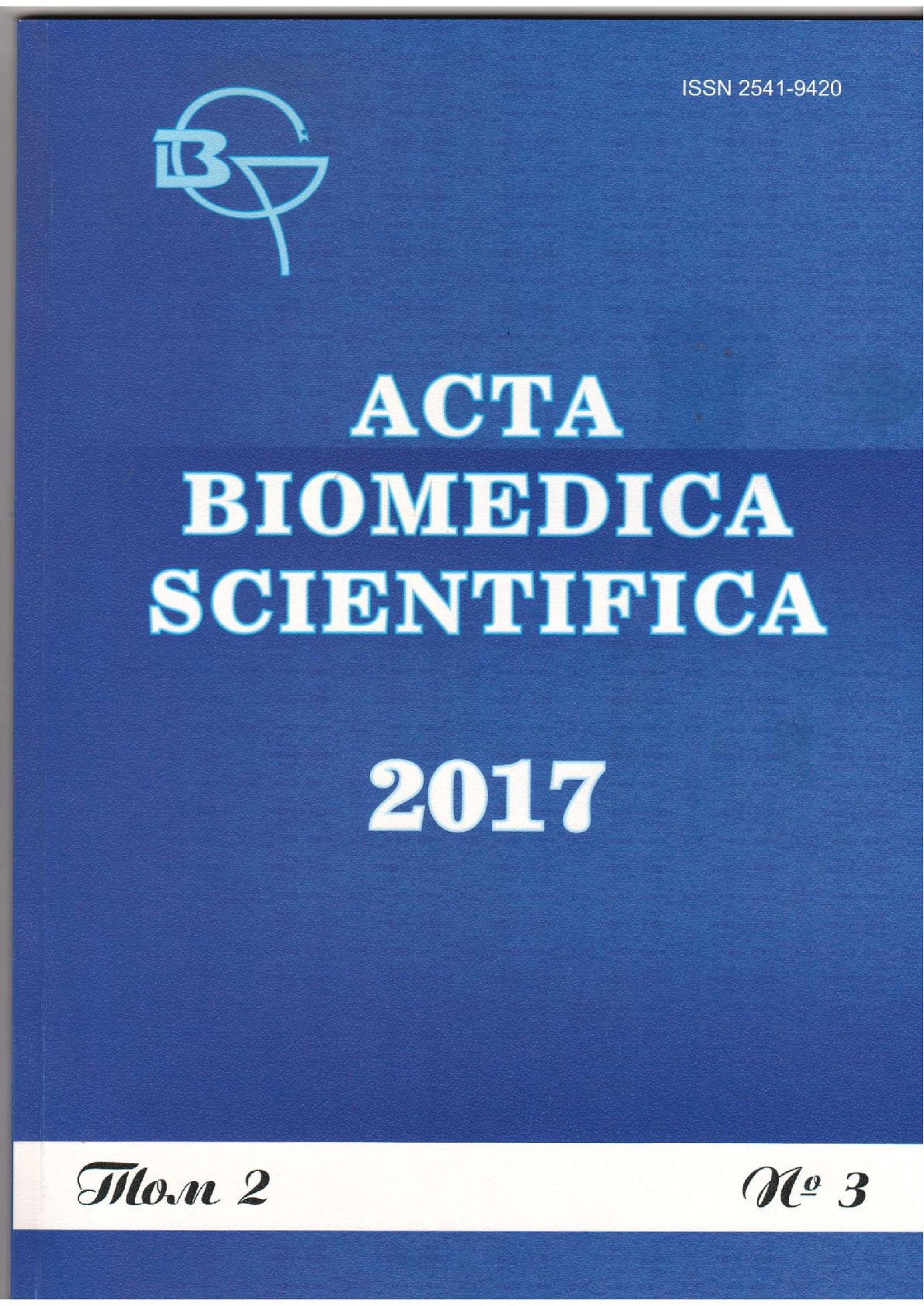The aim of the study was to evaluate the role of psychological and somatic factors in the development of left ventricular hypertrophy in the cohort of persons without arterial hypertension and to give a quantitative evaluation to the effect of these factors on this phenomenon. Materials and methods. The study included 107 practically healthy people of working age from an organized popula- tion, including 46 men (mean age of 43.7 ± 11.5 years; M ± s) and 61 women (mean age 43.1 ± 10.1 years; M ± s). All the subjects underwent measurement of blood pressure according to the standard procedure, questionnaire survey using validated psychological questionnaires, the study of structural changes of the myocardium with echocardiography, the tests for metabolic indices in venous blood on an empty stomach (hormonal, immunological, biochemical). Results. Individuals with left ventricular hypertrophy were characterized by a significantly greater level of depression, accumulated stress, social frustration, decreased self-evaluation of health state and vitality. The value of the left ven- tricle mass index in practically healthy individuals without arterial hypertension is determined by 4 factors: the level of apolipoproteins B, the ratio of waist circumference / hip circumference, the level of the end products of free radical lipid oxidation, and smoking duration. Conclusion. Hypertrophy of the left ventricle in people without arterial hypertension is associated with personality characteristics that determine the nature of a multilevel response (somatic, hormonal, biochemical).
hypertrophy of the left ventricle, psychological factors, metabolic indices, psychosomatic correlations
1. _Bastrikov_psihologiya





